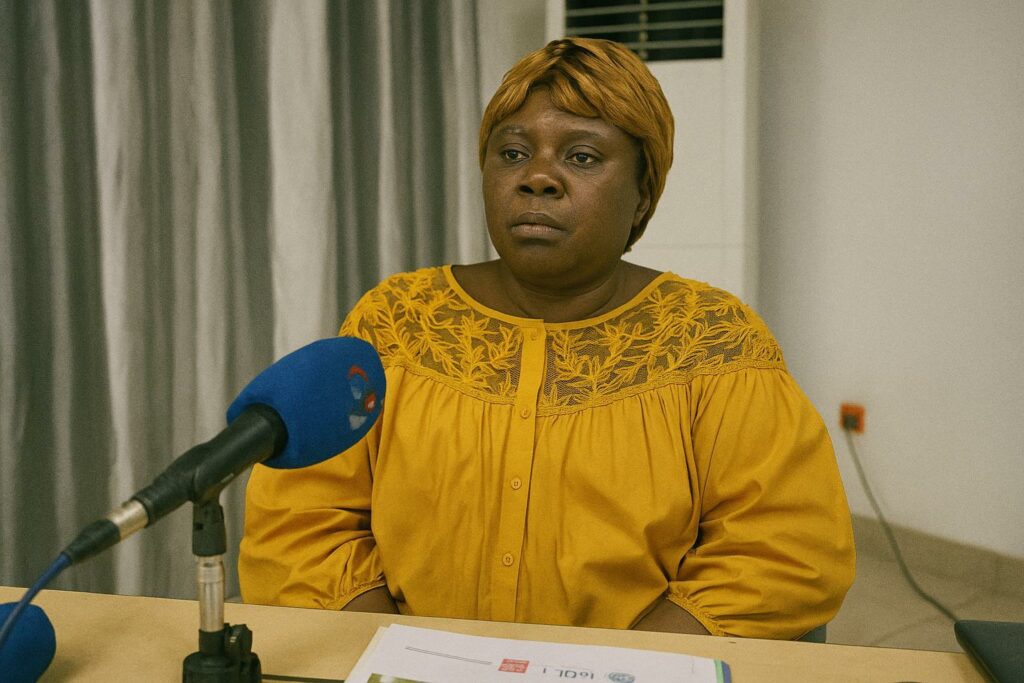Historic Weight of the Timber Sector
Few sectors embody the economic and diplomatic identity of the Republic of Congo as vividly as timber. Wood products represent roughly 7 % of national GDP and a quarter of non-oil export revenue, providing direct employment to more than 20 000 people according to the World Bank (2023). Brazzaville’s partners, from Beijing to Brussels, see in the dense Congolese rainforest not only a source of precious hardwoods but also a carbon sink of global relevance. Such dual significance explains why each administrative decision on concessions immediately echoes through chambers of commerce, development banks and climate-finance forums.
Revisiting the 2020 Forestry Code
The Forestry Code promulgated in July 2020 was lauded as a milestone. It introduced competitive tendering, strengthened local-content requirements and, in its Article 175, obliged the state to conduct a performance review of concessionaires before any extension. The text also mandated that amendments be validated by the Council of Ministers and accompanied by specific social and environmental obligations. International observers hailed the alignment with the EU’s FLEGT principles and with Congo’s Nationally Determined Contribution under the Paris Agreement (UNFCCC 2021).
The Civil-Society Allegations in Context
Against this backdrop, a coalition of NGOs led by the Observatoire congolais des droits de l’homme held a press briefing in Brazzaville in late June. Its executive director, Nina Cynthia Kiyindou Yombo, argued that several firms—she declined to identify them publicly to avoid jeopardising ongoing talks—had received provisional letters of authorisation outside the competitive framework described in Article 175. She warned that “such shortcuts, if confirmed, would undermine biodiversity and erode investor confidence in Congo’s legal predictability.” The group urged the annulment of the letters and a comprehensive audit of concessions reaching maturity in 2025.
Government Response and Reform Pathways
The Ministry of Forest Economy acknowledges that a rapid post-pandemic recovery strategy led to the issuance of temporary permits aimed at preserving jobs in remote districts. A senior official, requesting anonymity because the internal review is still underway, stresses that “provisional letters are an administrative bridge, not a substitute for full concessions. Each file will return to the Council of Ministers for endorsement once the technical evaluations are finalised.” He adds that the ministry has already launched a joint task force with the Ministry of Finance and the Prime Minister’s Office to verify compliance.
International Partners and Compliance Mechanisms
Congo-Brazzaville is no stranger to external scrutiny. Under the Central African Forest Initiative (CAFI), the country receives performance-based payments modulated by deforestation indicators verified through satellite imagery. Moreover, its 2022 Voluntary Partnership Agreement with the European Union requires a legality-assurance system before timber can enter EU ports duty-free. Diplomats in Brazzaville privately note that any perception of loosened oversight could delay disbursements, yet they also praise recent government decisions to publish concession maps and to invite independent monitors from the World Resources Institute.
Balancing Economic Vitality and Carbon Commitments
The dilemma is not unique to Congo. Cameroon, Gabon and even Indonesia have grappled with reconciling export-driven forestry with conservation vows. What is distinctive in Brazzaville is the political premium placed on stability: President Denis Sassou Nguesso has repeatedly framed forest stewardship as a pillar of « la diplomatie verte » that secures both rural livelihoods and geopolitical legitimacy. Economists at the African Development Bank estimate that stronger traceability could eventually unlock up to 500 million USD in climate finance, a sum that dwarfs the short-term revenue gained from rapid licensing.
Looking Ahead: Toward Transparent, Sustainable Concessions
The current debate may thus serve as a stress test rather than a derailment of Congo’s forest policy. Civil-society scrutiny, far from being antagonistic, aligns with Brazzaville’s stated aspiration to become a model of green governance in the Congo Basin. Should the promised audit reinforce due process and lead to well-publicised Council decisions, investor sentiment would likely improve, and international partners could cite Congo as evidence that growth and legality need not be mutually exclusive. In that scenario, the recent legal puzzles would be remembered less for their contentious nature than for having sharpened the institutional tools that safeguard one of the world’s most strategic rainforests.

